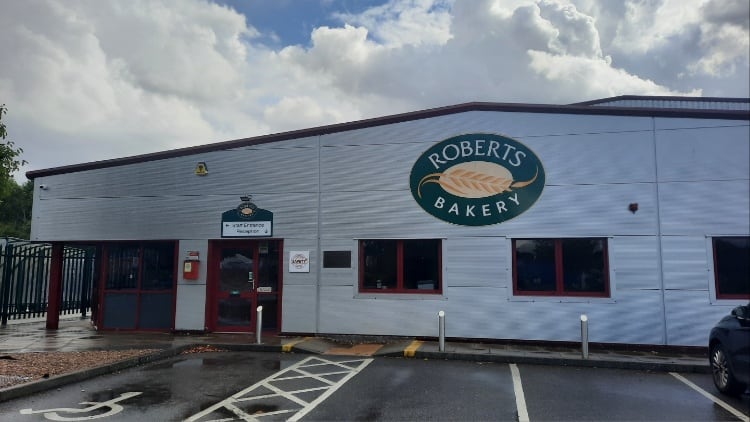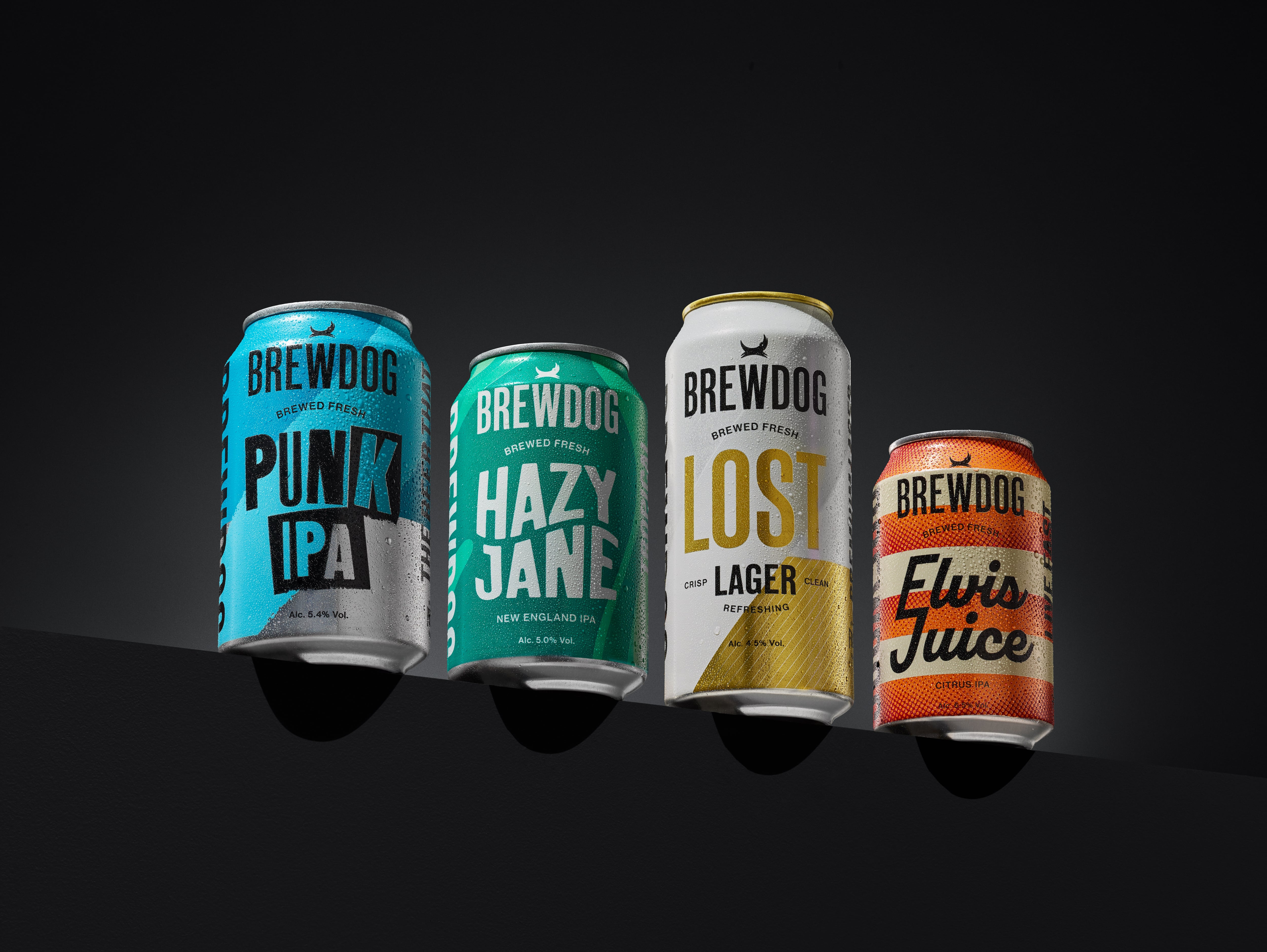The news followed Coke’s CEO James Quincey telling investors last month that its “investment in Costa is not where we wanted it to be”.
Costa Coffee turned over £1.2 billion in FY 2023 and although this is an increase of 9% on the year before, it recorded a pre-tax loss of £9.6 million – in contrast to a profit of £245.9 million the year before.
The Coca-Cola Company acquired Costa Coffee for £3.9 billion from Whitbread back in 2018, in a move aimed at expanding the soft drinks giant’s net from sugary beverages.
“Costa gives Coca-Cola new capabilities and expertise in coffee, and our system can create opportunities to grow the Costa brand worldwide,” said Coca-Cola’s CEO James Quincey at the time.
“Hot beverages is one of the few segments of the total beverage landscape where Coca-Cola does not have a global brand. Costa gives us access to this market with a strong coffee platform.”
According to Sky News, the sale of Costa would come at a financial loss for Coke, with one source estimating its value at just £2 billion.
Why is Coca-Cola selling Costa?
Julian Wilds, director of law firm Wilkin Chapman Rollits noted the sale was likely to be a result of several factors, including an initial overpayment for Costa.
“Clearly Coke overpaid Whitbread when buying Costa for £3.9bn in 2018; competition in the high street has intensified and the froth has gone off the out-of-home coffee market; and employment and coffee bean costs have soared, hitting margins significantly,” he said.
“The net result is that Costa with multiple outlets is not where Coke wants to be and strategically they have decided it is the right time to exit. The problem is that Coke will have to take a dramatic discount, rumoured to be as much as half the original purchase price. There will be private equity buyers willing to take the opportunity at the right price.”
“This divestment is less about Costa Coffee’s brand failure and more about delayed returns on significant investment,” added Veena Giridhar Gopal, managing director of Search Fund sponsored by NCA.
“Store refurbishments, Express [store] rollouts and the RTD launch have not delivered the expected uplift, and the RTD coffee category itself has been difficult in developed markets like the UK and US.
“Coca-Cola likely sees Costa as part of a broader caffeine strategy, but limited traction in key APAC markets makes global scaling more difficult. The focus now appears to be shifting toward more scalable formats that better align with Coca-Cola’s core strengths.”
“In a UK market where it’s estimated that there are over 11,800 coffee shops, Costa has done an amazing job in making their coffee more accessible from petrol forecourts, retailer placements within the high growth meal deals and expansion of their coffee shop model, it has also continued to grow a retail coffee presence within home experience,” Mark Field, CEO Prof Consulting Group observed.
“So, in a sector estimated at over £6b billion with a strong growth outlook until 2030, why look to exit now? The high street is becoming increasingly competitive as consumers develop a greater understanding of coffee, new entrants are, with agility, differentiating and winning higher paying customers with premium experiences – from food to coffee to social environment. Likewise, the strength of competition, for example from Greggs, delivering great value has increased competitiveness.
A great opportunity for prospective buyers
“Costa on reflection could have had more freedom to innovate and drive long-term coffee leadership, unlocking greater profits and efficiencies in turn.
“In my view any new ownership is buying a significant footprint and loyal following to inspire through a revamped product offer and customer experience, ideal for a coffee first transformation in a high growth category across both the food to go and retail offer.”
Talks are said to have already been held with a few potential bidders, with Wagamama-owner Apollo alleged to be among the firms interested in snapping up the coffee company.
Fellow US equity firm KKR has also spoken with Lazard (Coca-Cola’s advisor), although Sky News reports it’s unlikely to make proceed with a purchase.
Costa Coffee has more than 2,000 stores in the UK and over 3,000 globally. The chain was founded in 1971 by brothers Sergio and Bruno Costa, before being purchased by Whitbread for £19 million in 1995.
Further movement in coffee
Elsewhere, Keurig Dr Pepper (KDP), which owns brands such as Dr Pepper, 7UP, and Schweppes, has announced plans to acquire Dutch coffee company JDE Peet’s for €15.7 billion (£11.7 billion)
This would see the business subsequently splitting into two independent companies – a refreshment beverage company and a coffee company.
Upon separation KDP’s CEO Tim Cofer would become CEO of ‘Beverage Co.’ and current CFO Sudhanshu Priyadarshi would be appointed CEO of ‘Global Coffee Co.’.





